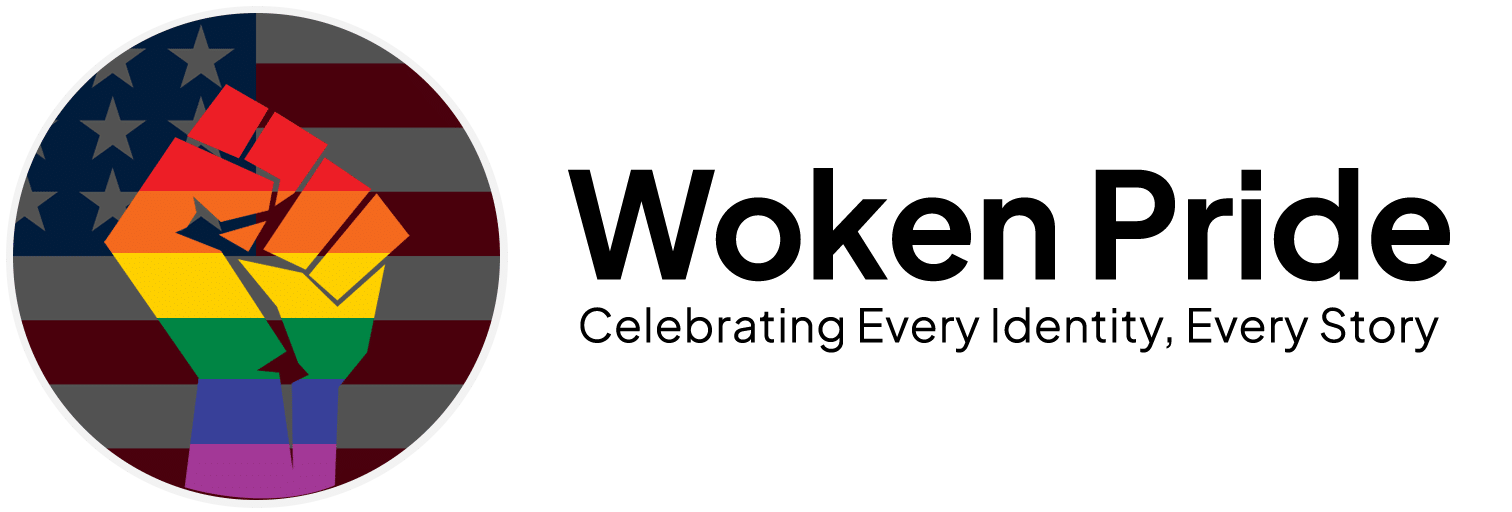In recent years, Diversity, Equity, and Inclusion (DEI) programs have faced increased legal scrutiny, with some employees alleging that these initiatives amount to “reverse discrimination” against white individuals. Several high-profile lawsuits and complaints have been filed, challenging the legality of DEI training and practices in workplaces across the U.S. These cases have put DEI initiatives under a spotlight, raising questions about the fine line between promoting diversity and potentially discriminating against certain racial groups.
Case Study: Penn State University
One of the most notable cases is that of Jonathan De Piero, a professor at Penn State University, who filed a lawsuit against the institution, alleging that DEI training created a hostile work environment for white employees. The complaint stemmed from mandatory DEI training that, according to De Piero, singled out white faculty members as inherently racist and perpetuators of systemic racism. The training, which occurred in 2020, was part of the university’s broader response to racial justice movements that surged in the aftermath of George Floyd’s death.
De Piero claimed that the DEI training included exercises where white faculty were asked to “feel the pain” caused by systemic racism. He also noted that the materials used in the training heavily criticized “white supremacy” and identified white instructors as part of the problem in perpetuating racial inequality. In his lawsuit, De Piero stated that his department chair had explicitly told faculty that reverse racism did not exist and urged the adoption of race-conscious policies, such as adjusting grading standards for non-white students. He further alleged that after he reported his concerns to the university’s Bias Report system, he was told to continue attending antiracist programming “until he understood the issue.”
A judge ruled that De Piero’s case had enough merit to move forward, particularly focusing on the allegations that the university’s DEI training created a “severe and pervasive” hostile environment for white faculty members. The court cited specific instances, such as DEI leaders at the university allegedly making racially charged statements about white employees and their role in systemic racism.
Corporate Scrutiny: Lowe’s, American Airlines, and Others
The corporate world has not been immune to similar challenges. In 2022 and 2023, several companies, including Lowe’s, American Airlines, and JPMorgan, were targeted by legal complaints and public backlash for their DEI practices. One of the central complaints was that DEI initiatives, while aiming to foster a more inclusive workplace, ended up excluding or disadvantaging white employees, particularly white men.
In one case, JPMorgan was notified that some of its DEI initiatives, such as the “Advancing Black Pathways” and “Advancing Hispanics & Latinos” programs, could be perceived as discriminatory because they were exclusively targeted at specific racial groups. In response, the bank modified the eligibility criteria for these programs, allowing students from all backgrounds to apply, “regardless of race.” BlackRock, another major financial services firm, similarly adjusted its scholarship programs to expand eligibility beyond underrepresented groups following similar complaints.
Additionally, Lowe’s faced scrutiny after conservative groups and employees criticized its diversity hiring practices, which were seen as giving preferential treatment to certain racial groups. In response to the pressure, Lowe’s scaled back some of its DEI commitments, though the company reaffirmed its commitment to promoting a diverse and inclusive workforce. This reflects a broader trend among corporations facing legal and reputational risks associated with DEI initiatives.
Legal Landscape and Broader Implications
The Supreme Court’s 2023 decision in Students for Fair Admissions, Inc. v. Harvard has further complicated the legal landscape for DEI programs. This ruling, which struck down affirmative action in college admissions, has emboldened opponents of race-based initiatives in the workplace as well. Following the ruling, several conservative legal groups have filed lawsuits challenging DEI programs on the grounds that they violate the Equal Protection Clause or Title VII of the Civil Rights Act, which prohibits discrimination based on race, color, religion, sex, or national origin.
For example, America First Legal, a conservative legal advocacy group, filed a federal civil rights complaint against IBM in late 2023. The complaint alleged that the company’s DEI policies, which rewarded bonuses based on the number of racial minorities hired, amounted to unlawful discrimination against white and Asian-American employees. Similar complaints have been filed against companies in a wide range of industries, from law firms to airlines.
DEI and “Reverse Discrimination” Allegations
In response to these lawsuits, many organizations have adjusted their DEI programs to ensure compliance with anti-discrimination laws. Some companies have shifted their focus from race-based initiatives to broader diversity efforts that consider factors like socioeconomic status, first-generation college graduates, and veterans. Legal experts warn that while it is important for organizations to continue promoting diversity, they must ensure that their policies do not inadvertently discriminate against certain groups or create a perception of unequal treatment.
As these legal challenges continue to unfold, the debate over DEI initiatives in the workplace is likely to intensify. While many employees support efforts to increase diversity and inclusion, others feel that such programs have gone too far, disadvantaging certain groups in the name of progress. As companies seek to strike a balance, the outcomes of these lawsuits may set important precedents for the future of DEI in the workplace.
Featured Image Credit: Shutterstock /mariakray.
For transparency, this content was partly developed with AI assistance and carefully curated by an experienced editor to be informative and ensure accuracy.
- https://wokenpride.com/author/
- https://wokenpride.com/author/
- https://wokenpride.com/author/
- https://wokenpride.com/author/

